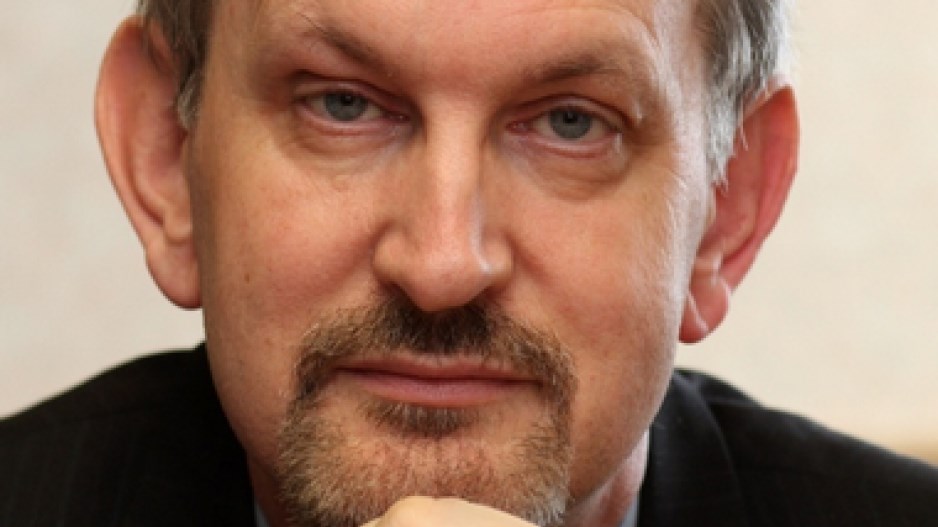The Pacific Carbon Trust leaked confidential information while being audited and spent $6 million of public money on two large carbon-reduction projects that fail the government's own additionality test, Auditor General John Doyle concludes in his much-anticipated audit of B.C.'s carbon neutral government.
Worse, the report concludes the B.C. government has failed in its primary objective of making the public sector carbon neutral.
This means that $52 million of public money taken from cash-strapped school boards, hospital districts and municipalities may have been wasted through the PCT's purchase of offsets that are not credible, says the report.
"We concluded that the provincial government has not met its objective of achieving a carbon neutral public sector," Doyle states in is summary.
Doyle's report was due to be released Tuesday, but was postponed by House Speaker Bill Barisoff. Barisoff wanted to investigate a leak of the report, which turns out to be every bit as damning as critics of the carbon offset schemes predicted it would be.
So damning is it, in fact, that it prompted James Tansey, CEO of Carbon Offsetters, to warn the B.C. government it could result in the province being sued.
The PCT is a Crown corporation set up to collect carbon offsets – mostly from public bodies – and invest it in projects intended to reduce greenhouse gas emissions.
But two of the largest projects – the Darkwoods forest conservation project and a natural gas flaring reduction project by Encana Corp. (TSX:ECA) – failed the basic test of additionality, Doyle concluded.
Tansey's company was one of the brokers in the Darkwoods project.
The additionality test is intended to ensure that only carbon reduction projects that would not otherwise go ahead, due to financial or technical hurdles, receive carbon credits.
"It must be an incentive, not a subsidy, for the reduction of GHGs," Doyle writes. "Yet neither project was able to demonstrate that the potential sales of offsets were needed for the project to be implemented.
"In industry terms, they would be known as 'free riders' – receiving revenue ($6 million between the two) for something that would have happened anyway."
Doyle also said PCT's senior managers disclosed confidential information during his audit to interested parties – carbon marketers and brokers.
That led to a letter-writing campaign from those parties, including Tansey's letter to Attorney General Shirley Bond, in which he warned of a lawsuit and delayed the audit's release.
"Of all the reports I have issued, never has one been targeted in such an overt manner by vested interests, nor has an audited organization ever broken my confidence, as did the senior managers at PCT by disclosing confidential information to carbon market developers and brokers," Doyle writes.
"The orchestrated letter-writing campaign from domestic and foreign entities which followed this disclosure demanded considerable staff time, and resulted in the delay of this report."
UPDATE: Environment Minister Terry Lake rejected Doyle’s report out of hand Wednesday afternoon – and questioned Doyle's ability to judge the complex process of carbon offset verification.
“The fundamental conclusion that the auditor general comes to, we absolutely reject,” Lake said.
“We have an auditor general’s office with no expertise in examining the work of auditors who actually have that internationally recognized expertise.
He added the one independent expert that Doyle hired – environmental law expert Stewart Elgie – resigned, when he saw which way the review was headed.
“When you have eight independent, internationally accredited organizations all saying that the conclusions you have come to are wrong, I think there’s a pattern here.”
For more detailed coverage, see next week's issue of Business in Vancouver.




